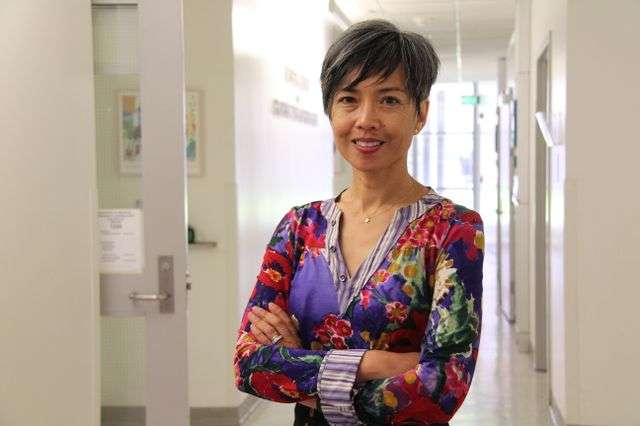Income inequality affects who gets an underutilized test for breast cancer

Wealthier women who live in communities with the greatest income divide between rich and poor had better access to a new genetic test that can determine the most effective form of treatment for early-stage breast cancer, according to a new study (link is password-protected) by the UCLA Center for Health Policy Research, Harvard Medical School's Brigham and Women's Hospital and Aetna. The study, published in the April issue of the journal Health Affairs, also indicated that only a small minority of women with breast cancer received the test at all.
"Our study shows that even among women who have insurance, where they live and how income is distributed in their community were closely linked to their chance of getting access to an effective innovation in the early years of its diffusion," said Ninez Ponce, associate director of the UCLA Center for Health Policy Research and lead author of the study.
The Gene Expression Profiling test is an early example of a "precision medicine" genomic test that estimates a patient's risk of having a recurrence of a disease. According to current medical evidence, a woman with early-stage, estrogen-receptor–positive, lymph-node–negative breast cancer with a low-risk GEP test score may not benefit from adding chemotherapy to her treatment plan, while a woman with a high-risk score would benefit and should consider including chemotherapy in her treatment. More than 100,000 women are diagnosed with this type of breast cancer every year.
The study is based on a survey of 1,847 women between the ages of 35 of 64 who were insured through an Aetna health plan and were newly diagnosed with breast cancer in 2006 and 2007. Of those, 235 (12.7 percent) had the GEP test.
The study found that the greater the gap between high-income individuals and low-income individuals within a community, the larger the gap in testing. In communities where there was greater equality in income—whether poorer or wealthier—the adoption and use of the tests was slower than in communities with unequal income levels.
"Income inequality is at an all-time high right now," said Dr. Jennifer Haas, a co-author of the study and associate professor at Harvard Medical School's Brigham and Women's Hospital. "That it should have a bearing on who gets an innovative test and who doesn't could lead to more social disparities in cancer care."
The authors point to the need for more research to address the socioeconomic and other barriers that may prevent women from accessing GEP and other medical innovations.
More information: "Early Diffusion Of Gene Expression Profiling In Breast Cancer Patients Associated With Areas Of High Income Inequality." Health Aff April 2015 34:4609-615; DOI: 10.1377/hlthaff.2014.1013















